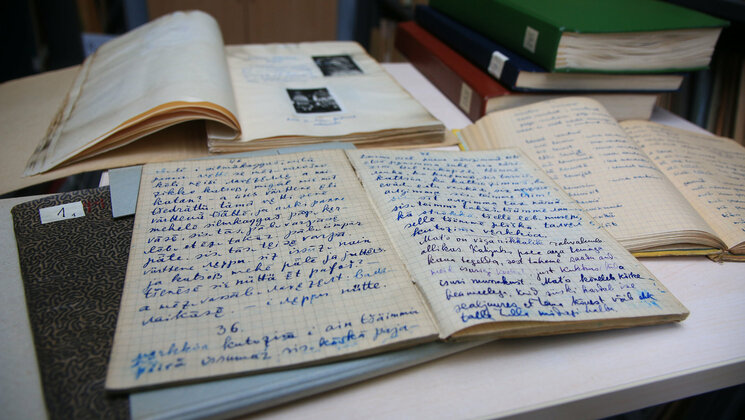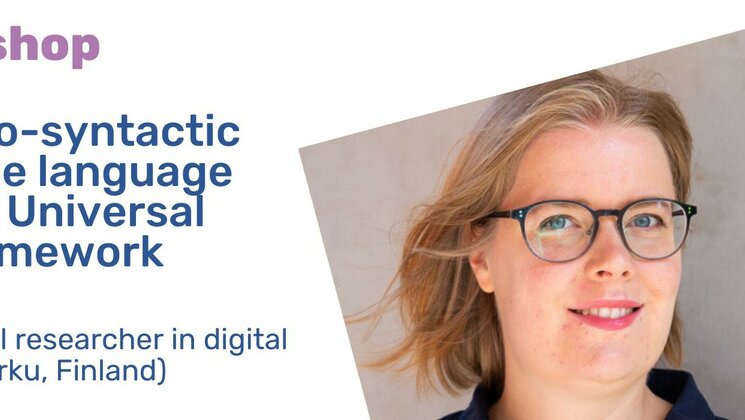Uralic languages
Many Uralic languages are minority languages, which makes their research and preservation extremely important. Preserving and documenting languages related to Estonian is one of the main objectives at our institute. In the course of the research, a large amount of linguistic material is collected and documented, on the basis of which the language can be studied even when its speakers no longer exist, as, for example, in the case of the Kamassian language. The researched languages include Pite and Inari Sami, Erzya, Komi, Udmurt, Selkup and Kamassian. Particular attention is paid to languages more closely related to Estonian (see the research field of Baltic Finnish languages). These languages are studied at the Institute of Estonian and General Linguistics from several different aspects, from sounds to text, from vocabulary to morphosyntax. Researchers write descriptive grammars, supplement existing descriptions with new research findings, and seek solutions for synchronic and diachronic puzzles. Language contacts with the neighboring languages of the Uralic languages in Europe, Russia and Siberia play a major role in the research. The research of related languages is also useful when it comes to the research of Estonian.


